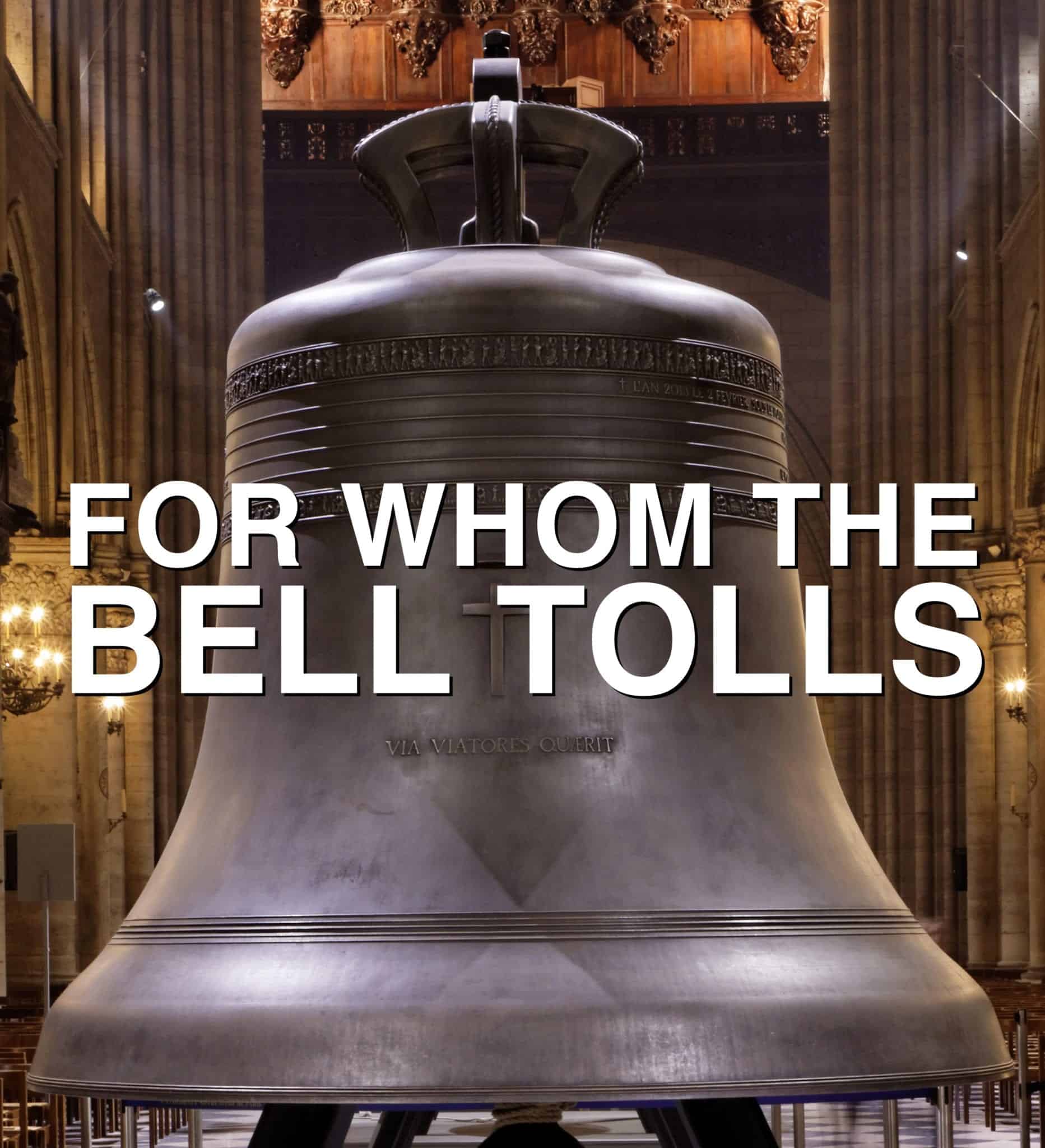
New book collecting transcripts of religion debate between Blair and Hitchens is a dud
James Brotheridge
Contributor
Hitchens vs. Blair
Tony Blair and Christopher Hitchens
Anansi
Tony Blair, in the debates captured for Hitchens vs. Blair, trots out the boring cliché of how great debates are and how essential they are to society.
If I had taken the time to go down to Toronto to watch the debate back in November, or even if I’m taking the time to read the transcript that’s recently been published, I don’t need to be convinced of how great these dialogues are.
What the former British prime minister should have been using his stage for was convincing me that he was on the right side of the resolution. “Be it resolved religion is a force for good in the world,” it read, with Blair on the affirmative side and noted atheist Christopher Hitchens on the negative side.
Why these two? Hitchens’ involvement should be no surprise. He’s been a vocal opponent of theism, most notably following the release of his 2007 book, God Is Not Great. Blair’s credentials are a little less well known. After his stint as prime minister ended, he converted to Catholicism and started the Tony Blair Faith Foundation, a group dedicated to fostering better relations between faith groups.
Also, the person running the debate mentions a few times that Blair no doubt developed expert rhetorical skills after years in the British parliament. No doubt this aids him when he sets out right from the start to invalidate the question of the night.
“So what I say to you is, what we shouldn’t do is end up in a situation where we say, ‘Right, we’ve got six hospices here and one suicide bomber there and how does it all equalize out?’ That’s not a very productive argument,” said Blair.
But isn’t that the question of the night? Deciding if the good that religion has brought is worth the evils that it’s brought along with it? Blair never goes far from this line of thought. His vision of religion – that it consists of “a basic belief common to all faiths in serving and loving God through serving and loving your fellow human beings” – is so personal and specific that debating the broader – crazy broad, some might say – question becomes impossible.
In this way, Blair is almost against the resolution himself. It almost seems that in his mind, you can’t decide whether or not religion is a force for good. Seemingly, that it does some good things in the world is enough.
Again, Hitchens has been more than vocal enough over the years that anyone who has even casually followed should know how he reacted to all this: religions have had a history of stunting women’s rights; they create unending conflicts; et cetera.
Blair rightfully points out that Hitchens ignores the context for many religious practices, but Hitchens’ core message hits home: religion isn’t necessary for people to do good in the world.
“We don’t require divine permission to know right from wrong,” he said.
Blair’s only answer to this is that some people would only be compelled by religion to do right. That’s not quite enough to make a convincing argument. Like a lot of this debate, the participants don’t go for the heavy hits, preferring cordial ones without bite or revelation.

![[1b]bbc.co.uk](http://www.carillonregina.com/wp-content/uploads/2011/03/1bbbc.co_.uk_.jpg)









Credit where credit is due: Production Manager Mason Pitzel came up with an amazing alternate title for this book, which I believe he used for the masthead in this week's paper: The Blair Hitch Project.